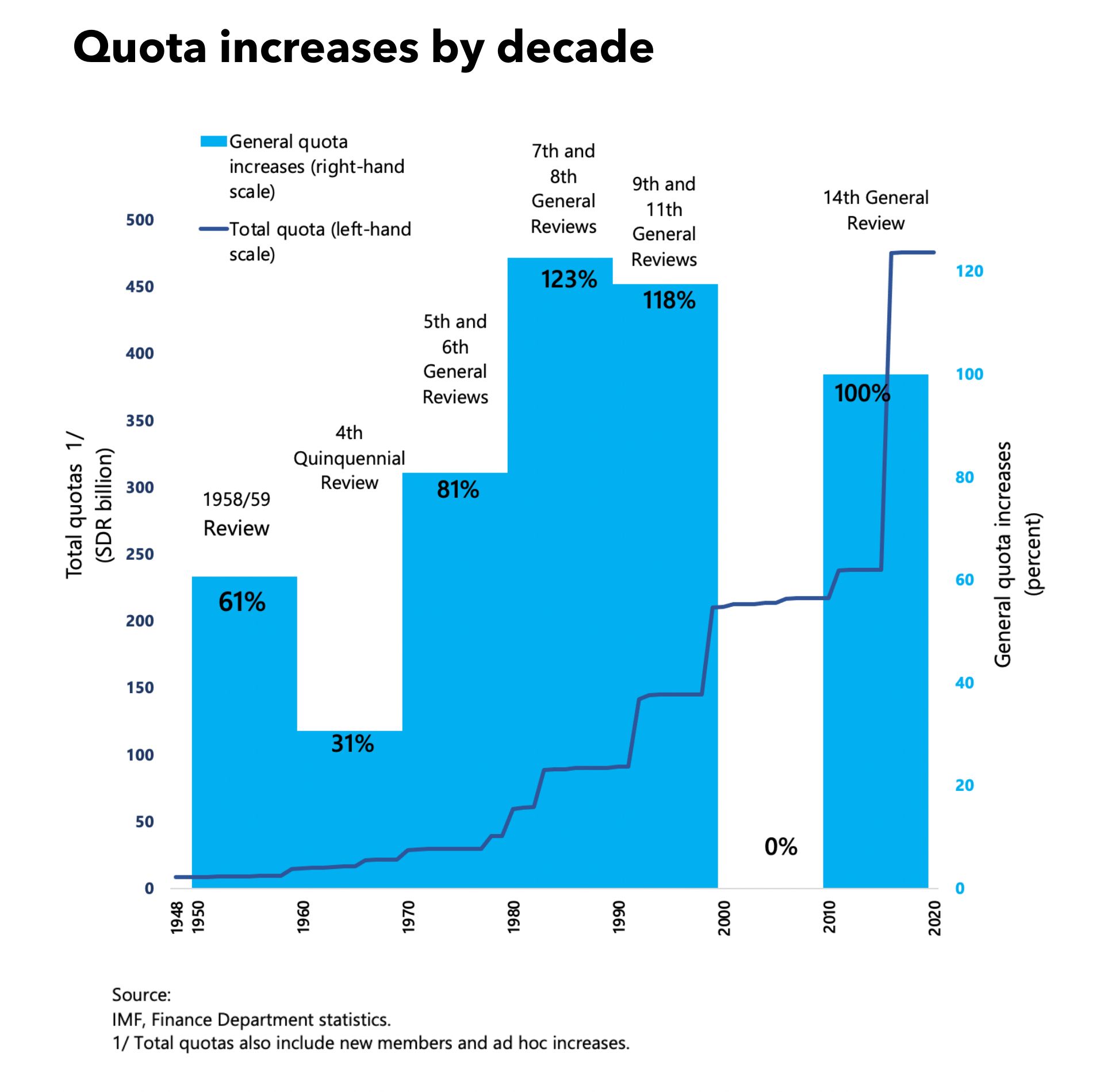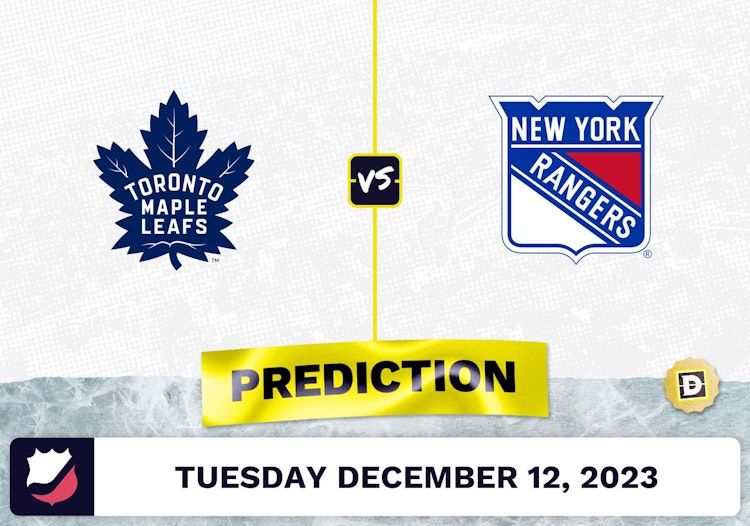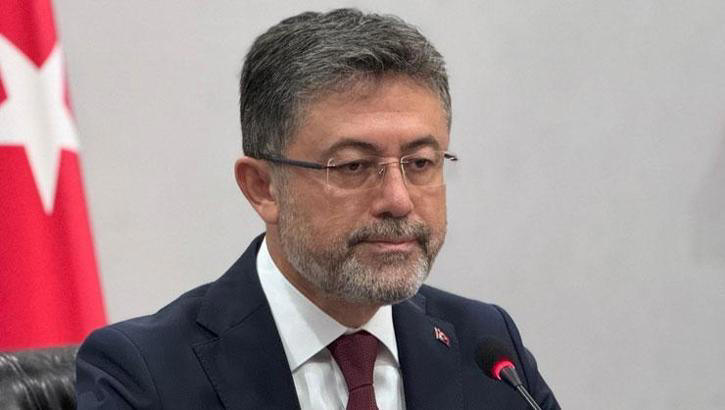The Future Of Cobalt: Congo's Quota System And Its Influence On The Global Market

Table of Contents
H2: Congo's Dominance in Cobalt Production and its Economic Significance
The DRC boasts the world's largest reserves of cobalt, solidifying its position as the undisputed leader in global cobalt production. This dominance translates to significant economic influence.
H3: DRC's Cobalt Reserves and Production Capacity:
The DRC’s vast cobalt reserves are estimated to represent over 70% of the world's known reserves. This translates to a substantial percentage of global cobalt production, currently estimated to be around 70%. This makes the country’s economic fortunes inextricably linked to the global cobalt market.
- Percentage of global cobalt production originating from the DRC: Approximately 70%, making it the world's leading producer.
- Economic importance of cobalt mining to the Congolese economy: Cobalt mining contributes significantly to the DRC’s GDP and provides employment for a substantial portion of its population. However, much of this wealth does not reach the local communities.
- Challenges related to artisanal mining and its impact on production and ethical sourcing: A large portion of Congolese cobalt production comes from artisanal mines, characterized by unsafe working conditions, child labor, and environmental damage. This undermines the industry's sustainability and poses significant ethical challenges.
H2: Understanding Congo's Quota System and its Mechanisms
Congo's government implements a quota system to regulate cobalt exports, aiming to control supply and potentially increase revenue. However, the system's complexities and lack of transparency have drawn criticism.
H3: How the Quota System Works:
The Congolese government sets annual export quotas for cobalt, limiting the amount that can be exported by mining companies. The allocation process is often opaque, leading to uncertainty and disputes.
- Explanation of the quota allocation process: The process lacks transparency and is often criticized for favoring certain companies or individuals.
- Who sets the quotas and how are they determined?: The Ministry of Mines sets the quotas, but the criteria used for allocation are often unclear, leading to concerns about favoritism and corruption.
- Impact of fluctuating quotas on market stability and pricing: Frequent changes in quotas create price volatility, making it challenging for businesses to plan their operations and invest in the cobalt supply chain.
- Transparency and accountability in the quota system: The lack of transparency and accountability in the quota system makes it vulnerable to corruption and undermines trust in the Congolese mining sector.
H2: Impact of the Quota System on the Global Cobalt Market
The DRC's quota system significantly impacts the global cobalt market, creating uncertainty and potentially hindering the growth of downstream industries.
H3: Price Volatility and Supply Chain Disruptions:
The quota system contributes to price volatility in the global cobalt market. Sudden changes in quotas can lead to shortages, price spikes, and supply chain disruptions for manufacturers relying on consistent cobalt supply.
- Correlation between quota changes and cobalt price fluctuations: Historical data reveals a strong correlation between changes in Congolese export quotas and fluctuations in global cobalt prices.
- Impact on downstream industries reliant on cobalt: Industries like electric vehicle battery production are heavily reliant on stable and predictable cobalt supplies. Disruptions caused by the quota system can impact production schedules and increase costs.
- Challenges for businesses in securing consistent and ethically sourced cobalt: The quota system, coupled with ethical concerns, makes it challenging for businesses to source cobalt reliably and ethically.
- Strategies companies use to mitigate supply chain risks: Companies are implementing various strategies, including diversifying their sources, securing long-term contracts, and investing in traceability and transparency initiatives.
H2: Ethical Sourcing and Sustainability Concerns Related to Congolese Cobalt
Ethical concerns related to cobalt mining in the DRC are significant and cannot be ignored. Human rights abuses and environmental damage are pervasive challenges.
H3: Human Rights and Environmental Impacts:
Artisanal mining, which accounts for a significant portion of Congolese cobalt production, is often associated with human rights abuses, including child labor and unsafe working conditions. Environmental damage, such as deforestation and water pollution, is also a major concern.
- The role of artisanal mining in human rights abuses: Artisanal miners often work in dangerous conditions without proper safety equipment or regulations. Child labor is a widespread problem.
- Environmental damage caused by cobalt mining: Unsustainable mining practices lead to deforestation, soil erosion, and water pollution, harming local ecosystems and communities.
- Initiatives aimed at promoting responsible sourcing and sustainable mining practices: International organizations and companies are working to promote responsible sourcing and sustainable mining practices in the DRC.
- The influence of international pressure and certification schemes: International pressure and certification schemes, such as the OECD Due Diligence Guidance for Responsible Supply Chains of Minerals from Conflict-Affected and High-Risk Areas, are playing an increasingly important role in improving ethical and environmental standards.
H2: The Future of Cobalt: Predictions and Strategies for a Sustainable Market
The future of the cobalt market hinges on technological innovation, sustainable mining practices, and international cooperation.
H3: Technological Advancements and Cobalt Alternatives:
Research and development efforts are focused on developing cobalt-free battery technologies and other alternatives to reduce dependence on this critical mineral.
- Emerging technologies that reduce reliance on cobalt: Lithium-iron phosphate (LFP) batteries are a promising alternative to cobalt-based batteries.
- Government policies and incentives promoting sustainable cobalt production: Governments are implementing policies and incentives to promote sustainable mining practices and responsible sourcing of cobalt.
- The role of international cooperation in addressing ethical and environmental challenges: International cooperation is crucial to address the ethical and environmental challenges associated with cobalt mining in the DRC.
- Long-term outlook for cobalt demand and supply: The long-term outlook for cobalt demand remains uncertain, as technological advancements and policy changes continue to shape the market.
3. Conclusion:
The DRC's dominance in cobalt production, coupled with its quota system, significantly impacts the global market. The system's opacity contributes to price volatility and supply chain disruptions, while ethical and environmental concerns related to artisanal mining pose significant challenges. The future of cobalt hinges on responsible sourcing, technological innovation, and international cooperation to ensure a sustainable and ethical supply chain. Stay informed about the evolving landscape of the cobalt market and the efforts to promote responsible sourcing of this critical material. Learn more about the impact of Congo's quota system on global supply chains and the future of cobalt.

Featured Posts
-
 Tonights Nhl Game Maple Leafs Vs Rangers Prediction And Betting Analysis
May 15, 2025
Tonights Nhl Game Maple Leafs Vs Rangers Prediction And Betting Analysis
May 15, 2025 -
 Tuerk Devletlerinden Kktc Ye 12 Milyon Avro Uzman Goeruesleri Ve Degerlendirmeler
May 15, 2025
Tuerk Devletlerinden Kktc Ye 12 Milyon Avro Uzman Goeruesleri Ve Degerlendirmeler
May 15, 2025 -
 Leeflang Affaire Bruins Eist Snel Overleg Met Npo
May 15, 2025
Leeflang Affaire Bruins Eist Snel Overleg Met Npo
May 15, 2025 -
 Charles Barkley Predicts The Winner Warriors Timberwolves Playoffs Showdown
May 15, 2025
Charles Barkley Predicts The Winner Warriors Timberwolves Playoffs Showdown
May 15, 2025 -
 Could This Little Known App Disrupt Metas Empire
May 15, 2025
Could This Little Known App Disrupt Metas Empire
May 15, 2025
